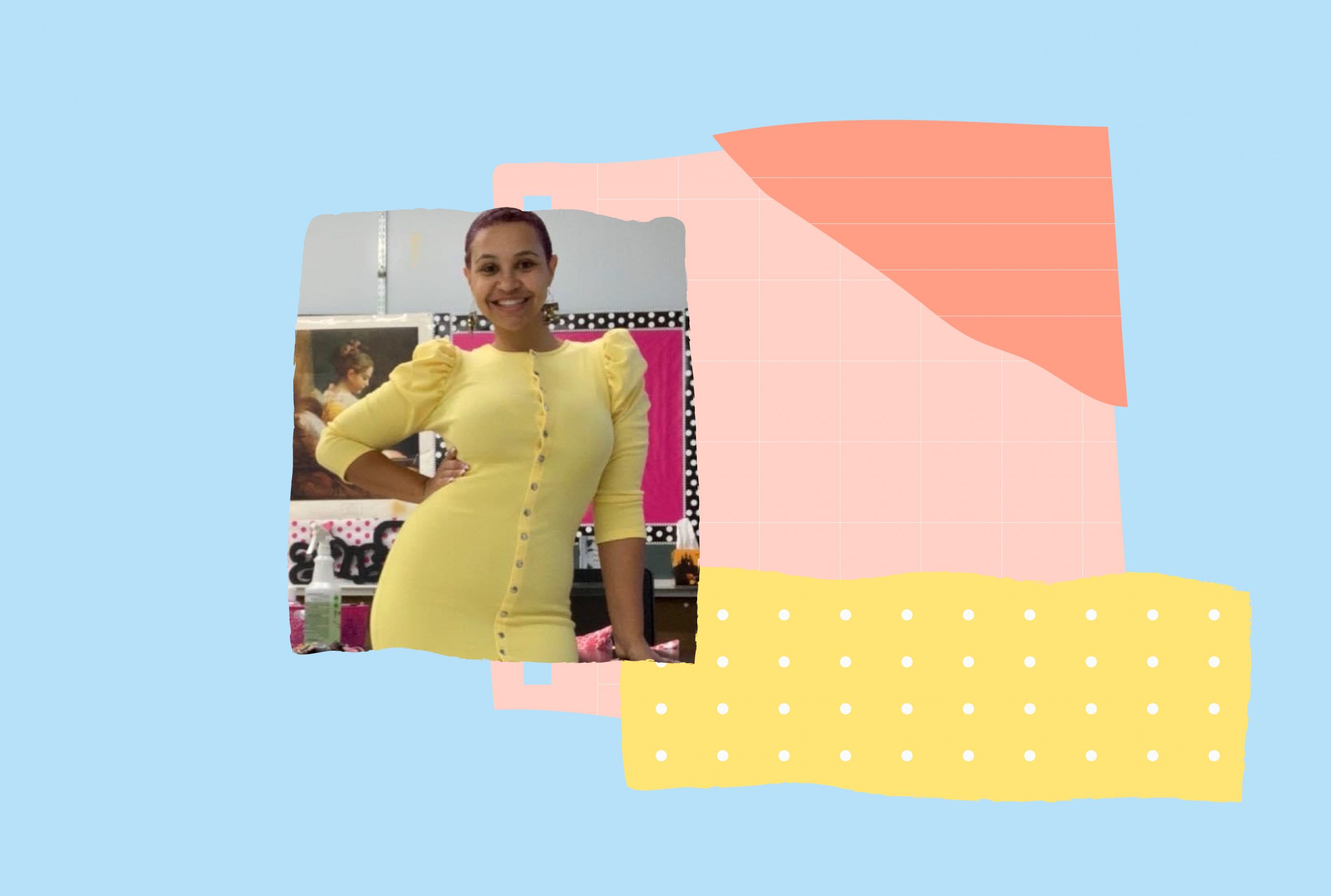Education
“Roots” To “A Beautiful Mind:” Teachers Share Their Recommendations on Films To Show in Class
The right movie can help get capture students' attention and help them delve deeper into topics.
As a teacher, it can be easy to feel the monotony of teaching students the same subject matter from books and powerpoints. An easy way to break up the boredom and ensure you hold their attention is to introduce a movie that can help spark debate or bring in new points of view to what you’re trying to help them learn.
From science to English, we asked five school teachers what films they recommend or show their students to help further their understanding. Here are their suggestions on what you can incorporate in your own classrooms.
Editor’s note: Interviews have been edited for length and clarity.
Grace Howarth, science teacher, grades 7-13, Yorkshire


According to Howarth, films can help provide real-life context in addition to lessons. Photo courtesy: Grace Howarth
I think true stories are some of the best things to show students because you can say ‘Yes, this really happened!’ I feel those stories always have more of an impact.
“In “Hidden Figures,” you can discuss the issues of women in science but you can also talk about racism and modern society.”
“The Martian” is a great example of just a good science-fiction film but I enjoy films that provide an alternative talking point. In “Hidden Figures,” you can discuss the issues of women in science but you can also talk about racism and modern society. How is modern life different to now? Would you do what those women did? I tend to show “Deepwater Horizon” with my Year 11 classes when we are discussing organic chemistry but it also opens conversations about the disadvantages of large-scale productions and the power that money can have on a business.
Finally, David Attenborough’s “A Life on Our Planet” is an all-round hard-hitting documentary but I like to hand out a worksheet that involves pausing the film for students to write down each milestone. It’s a great way for the students to see the numbers together and get a sense of how fast our environment is deteriorating. You could even throw in some graph drawing exercises after…depending on how mean you want to be!
Alyssa Rose, English teacher, grade 8, New York


Rose’s recommendations centre around exploring race. Photo courtesy: Alyssa Rose
In my current position, I am not allowed to show movies. I may show clips, but that’s it. In the past, I have shown “Roots” in connection with teaching the “Narrative of Frederick Douglass.” I have also shown “Do The Right Thing” in connection with “The Adventures of Huckleberry Finn” in Advanced English 11. Huck Finn is a very complex novel that deals with race similar to “Do the Right Thing.” I recommend this film and book combo because both explore this horrible struggle between acceptance of other races and loyalty to one’s own race and neither the book nor the movie have a clear answer. There’s no great white hope nor Black submission in “Do the Right Thing.”
Hannah Harrison, biology teacher, grades 7-13, England


Harrison enjoys exploring the future of gene-editing by showing her students movies like “Gattaca.” Photo courtesy: Hannah Harrison
“They are usually fascinated and intrigued after watching the film and are keen to research the topic more.”
I absolutely love showing my students the film “Gattaca” while learning about genetics, DNA profiling and the future of gene-editing technology. After probing a debate between students and asking them the dangers of taking gene-editing, “Gattaca” shows them a realistic possible future of where technology might take us. It is set in the future where children are conceived entirely through gene selection, creating a genetically superior race.
It usually sparks a strong discussion where they want to share their thoughts and opinions. A lot of them want to know if the film could really become true asking things such as “What are the possibilities of this happening in the future?” or “What gene-editing technology is currently available and what do we use it for?” They are usually fascinated and intrigued after watching the film and are keen to research the topic more. If you haven’t watched it, I would thoroughly recommend it!
Mary Catherine Hogan, teacher of children with additional learning needs, grades 6-12, UAE


Hogan’s recommendation focuses on advocating education for all. Photo courtesy: Mary Catherine Hogan
[I show] “To Sir With Love” because it focuses on the power of understanding those who come from the poorer parts…it teaches them that you can still have an education even if [you do] not [have] a lot of money.
Also read: As the Academic Year Ends, Teachers Reflect on What They Learned
Sofia Luz, biology teacher, grades 7-13, London


According to Luz, movies like “The Theory of Everything” help students become more interested in learning more about scientists. Photo courtesy: Sofia Luz
I think it is so important to share the stories of real people so that students can appreciate the hardships and challenges they faced, while still being entertained! “A Beautiful Mind” shares the life of Nobel Prize winner, Jonathan Nash who lives with schizophrenia. I recommend this film to students who want to have a deeper appreciation for the impact of mental health on people’s careers and lives.
“The Theory of Everything” is a biographical drama of the one and only Stephen Hawking. I think most students would recognize this name, and so I think this movie makes for an easy introduction into learning more about famous scientists and encourages students to want to learn about other scientists too. I also think it’s a wonderful movie to get students to think about overcoming adversities when having disabilities.

























